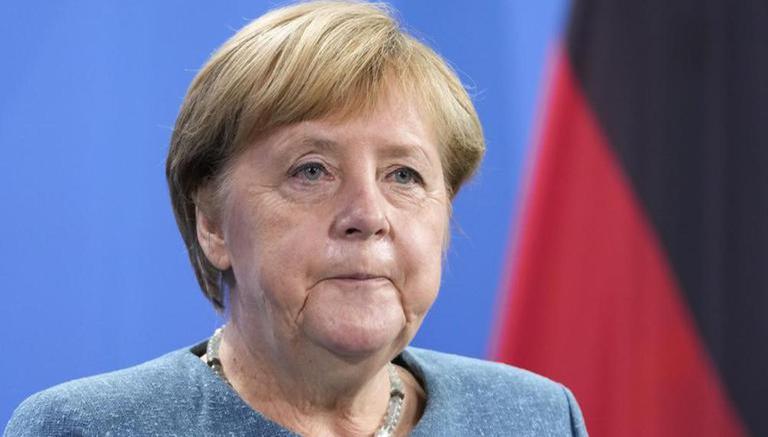
End of an era: Germany’s Merkel bows out after 16 years
End of an era: Germany’s Merkel bows out after 16 years
Angela Merkel believes the place in history books as soon as he became the chancellor of the German First Woman on November 22, 2005.
Over the next 16 years, he was credited by increasing the profile and influence of Germany, working to hold a clear European Union, manage a series of crises and become a role model for women.
Now the term of office approaches the record ends with his office departing at the age of 67 to praise from abroad and eternal popularity at home. His appointed replacement, Olaf Scholz, was expected to serve Wednesday.
Merkel, a former scientist who grew in the East Germany Communist, bent around a short week of a record for a long life held by a one-time mentor, Helmut Kohl, who reunited Germany during 1982-1998.
While Merkel may not have a spectacular signature achievement, the right Christian Democrats are coming to be seen as a very necessary crisis manager and defenders of Western values in turbulent times.
He served with four US presidents, four French presidents, five British Prime Minister and eight Italian Prime Minister. The chancellor was marked by four major challenges: the global financial crisis, European debt crisis, the flow of European-16-16 pandemic to Europe and the Coronavirus pandemic.
“It is undeniable that he gave Germany a lot of soft power,” said Sudha David-Wilp, Deputy Director of the German Marshall fund from the United States Berlin office. “No doubt he raised the image of Germany in the world.”
“When he first came to the scene in 2005, many people underestimate him, but he grew up with the role of Germany in the world,” David-Wilp added. Others in Europe and as large as “want more than Germany who are active to play a role in the world – which may not occur before he is in the office, of course.”
In the video message at the last EU Merkel summit in October, former President A.S. Barack Obama thanks him to “take the highlands for years.”
“Thank you, the center has held many storms,” he said.
Merkel is the driving force behind the European Union sanctions against Russia for the Annexation of Crimea and separatist support in East Ukraine, and also pioneered such extensive efforts to produce diplomatic solutions there. He is considered “can have a dialogue with (Russian President Vladimir) Putin on the western name,” David-Wilp said.
He is steadfast in pursuing multilateral solutions for world problems, a principle that he departed at the military parade to honor last week.
The global financial crisis and the entry of migrants “clarify how much we depend on cooperation beyond the national boundary and how international institutions are very necessary and multilateral instruments can overcome the big challenges of our time,” Merkel said, identifying them as a climate as a climate of change, digitizing and migration .
That attitude was a strong counter for former US President Donald Trump, with whom he had a difficult relationship. At their first meeting at the White House in March 2017, when the photographer shouted so that they shook hands, he quietly asked Trump “Do you want to have a handshake?” But there was no response from the President, who looked forward.
Merkel was labeled labeled as a “free world leader” during that period, said leadership had never reached one person or country.
However, he was seen as an important leader in the European Union 27 severe countries, famous for stamina in the agreement persuading in a marathon negotiation session.
“Ms. Merkel is a compromise machine,” said Prime Minister Luxembourg Xavier Bettel recently. When negotiations are blocked, he “mostly finds something that unites us to move everything.”
It was on display in July 2020, when EU leaders gained an agreement with a budget of 1.8 trillion-euro ($ 2 trillion) and Coronavirus recovery funds after a four-day summit who likes to fight.
